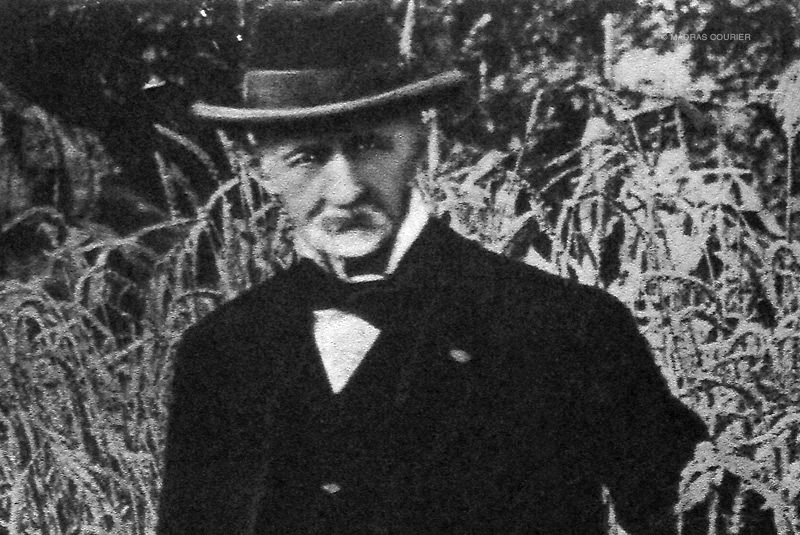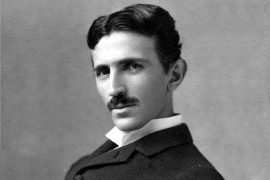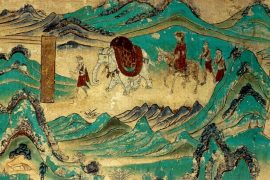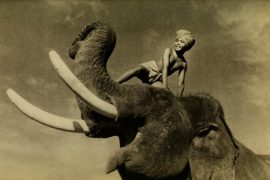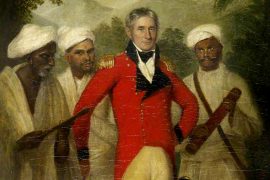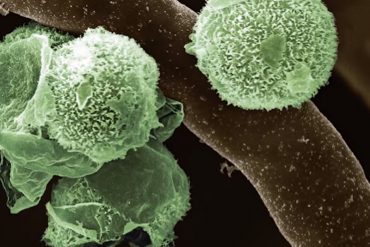In the last week of his life, Arthur Cotton, one of the most renowned civil engineers of the British Raj, lay in his bed reading a letter from India. It bore news of the terrible drought of 1899, and spoke of “dying of the cattle and sheep from sheer inanition, dried-up stream-beds and the utter absence of grass everywhere.”
According to his daughter, he looked up at her and said:
If they had only taken my advice, given so many years ago, they would have saved fortunes, and gained others over and over again.
His advice was to link India’s mainland rivers, and have the state spend as much on irrigation as it did on railways. It was unheeded advice, then and today. The Indian famine of 1899-1900 would go on to kill more than four million people by some estimates – and India would suffer two more in the half century before independence. But Arthur Cotton’s legacy – a lifetime spent building dams and irrigation projects – ensured that even today, his name is known among farmers in Andhra Pradesh and Telangana, in what was then known as the Madras Presidency.

Some of the projects Cotton worked on continue to irrigate lakhs of acres even today, such as the Kurnool Kuddappah Canal, Prakasam Barrage and Dowleswaram Barrage. Near the Godavari, irrigation offices bear his photograph, and farmers perform ‘Tharpanam’ (homage) on his birthday, May 15, every year.
Copyright©Madras Courier, All Rights Reserved. You may share using our article tools. Please don't cut articles from madrascourier.com and redistribute by email, post to the web, mobile phone or social media.Please send in your feed back and comments to editor@madrascourier.com

